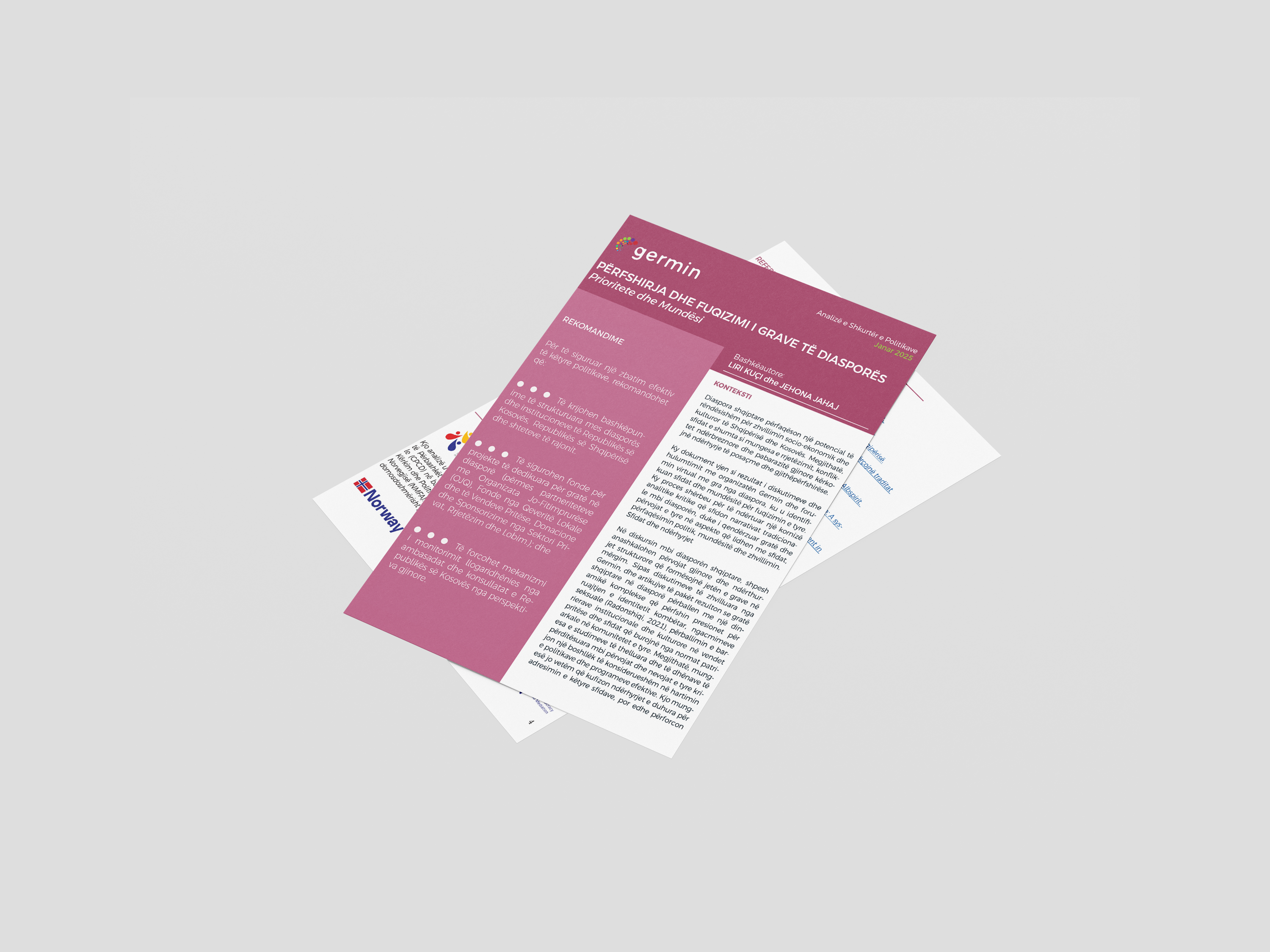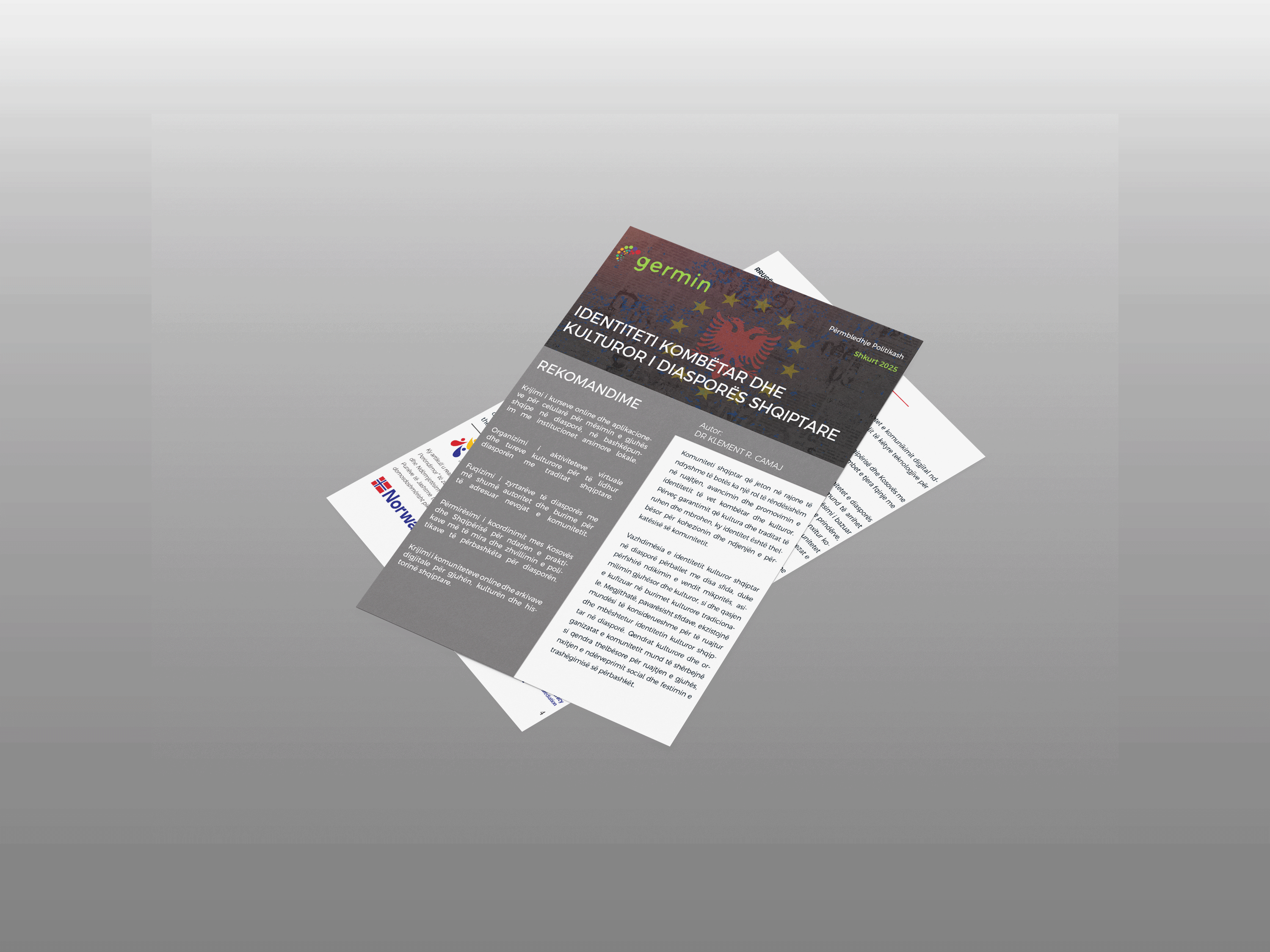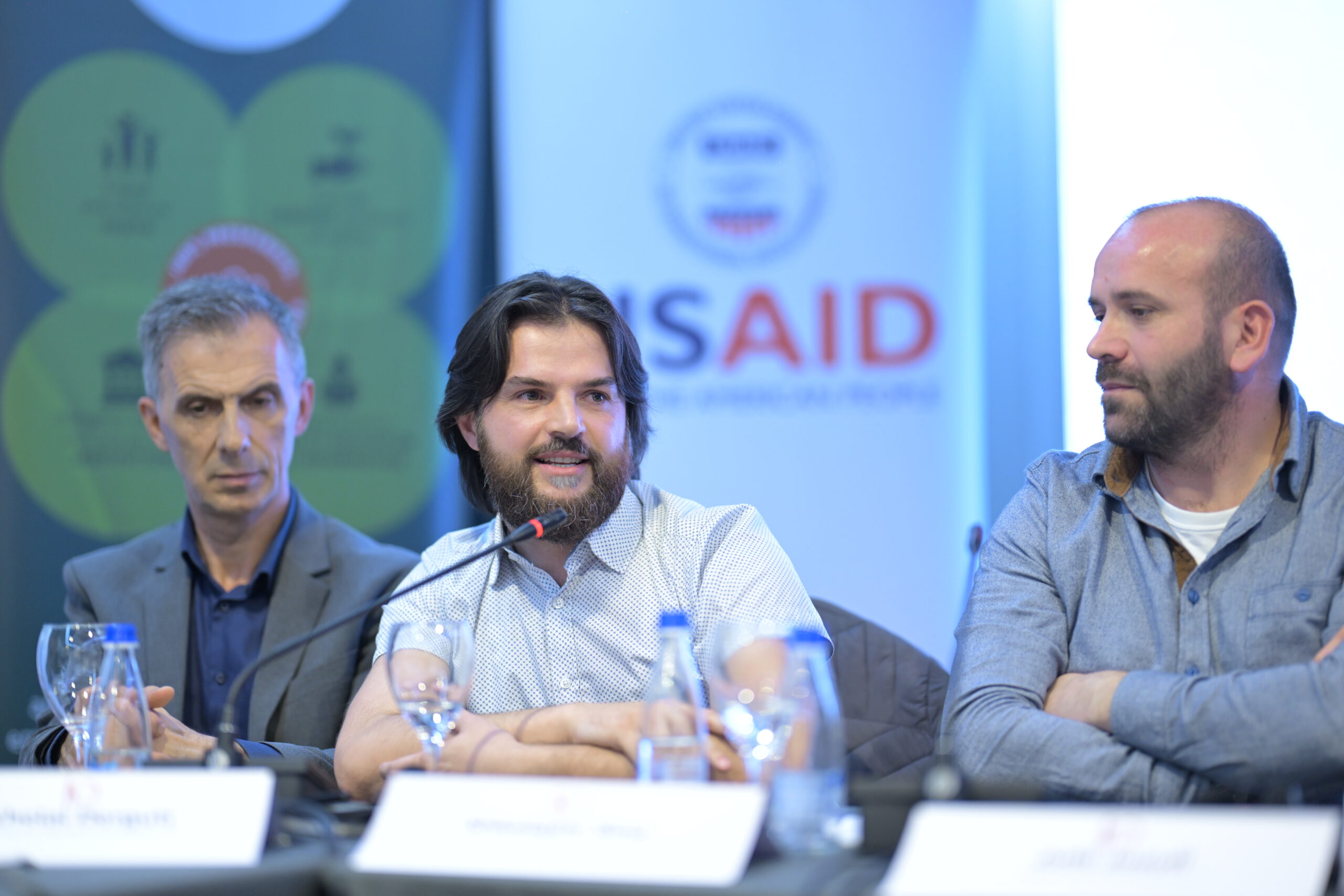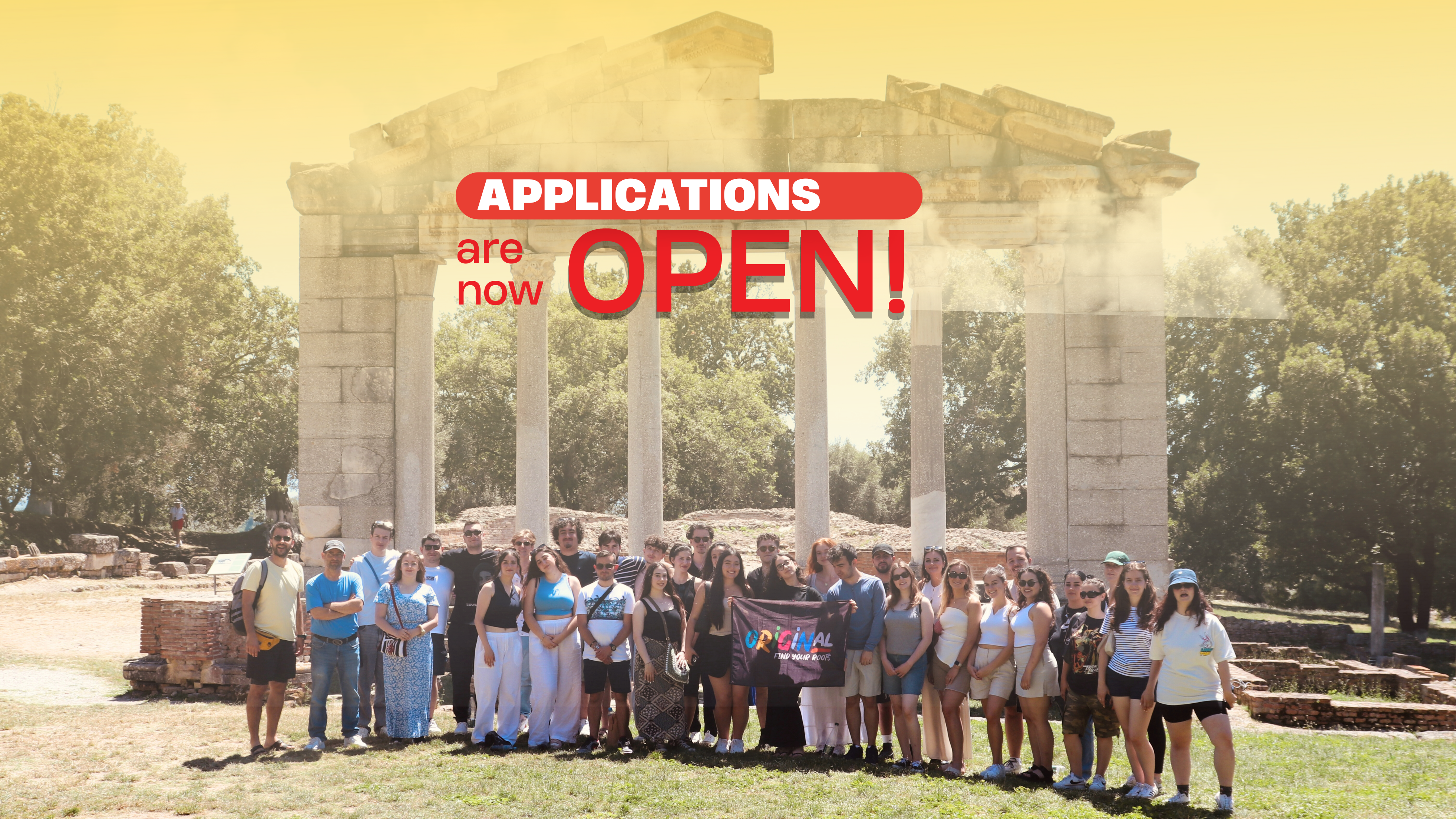
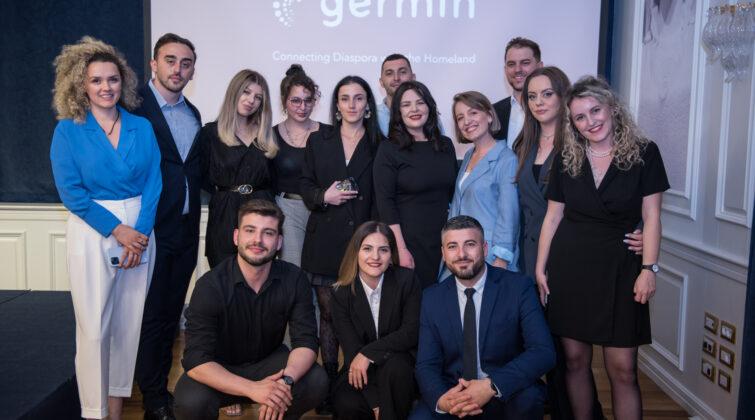
In a gala event, on Friday, May 6 in Tirana, the program ‘OriginAL’ was launched by the organization “GERMIN” and the “Global Albanians Foundation” (GAF).
The event was attended by over 80 representatives of local and international institutions, the business community and civil society. The successes of GERMIN were presented to the audience, and above all, the OriginAL program was launched. This program aims to provide young people in the Diaspora with an unforgettable experience in Kosovo and Albania.

Anila Hyka-Smorgrav, co-chair of the GERMIN board, recounted her journey in the organization.
“GERMIN is one of the beloved organizations and the whole board is not only wonderful but in love and very connected. We want to do our best to help them as a group,” said Hyka-Smorgrav.
Meanwhile, the other co-chair of the GERMIN board, Avni Mustafaj, told a personal story of how his father left Albania for the United States of America during the 60s. Mustafaj told us that his father was among 30 prisoners in Korça, of whom only three survived, at the age of 18.
According to Mustafaj, he grew up with this story and for years he felt angry about what had happened to his father. But things took a different turn when he visited Albania for the first time.
“On May 3, 1992, when the plane landed in Albania, all that anger turned into the question ‘What happened here?’ The level of poverty and isolation, people seemed like they were being followed, and suddenly I felt like I found a place I needed, to understand and process everything. And now as we talk to each other, all of us board members realize that we have had the same pain, something that brought us to Albania and Kosovo.”
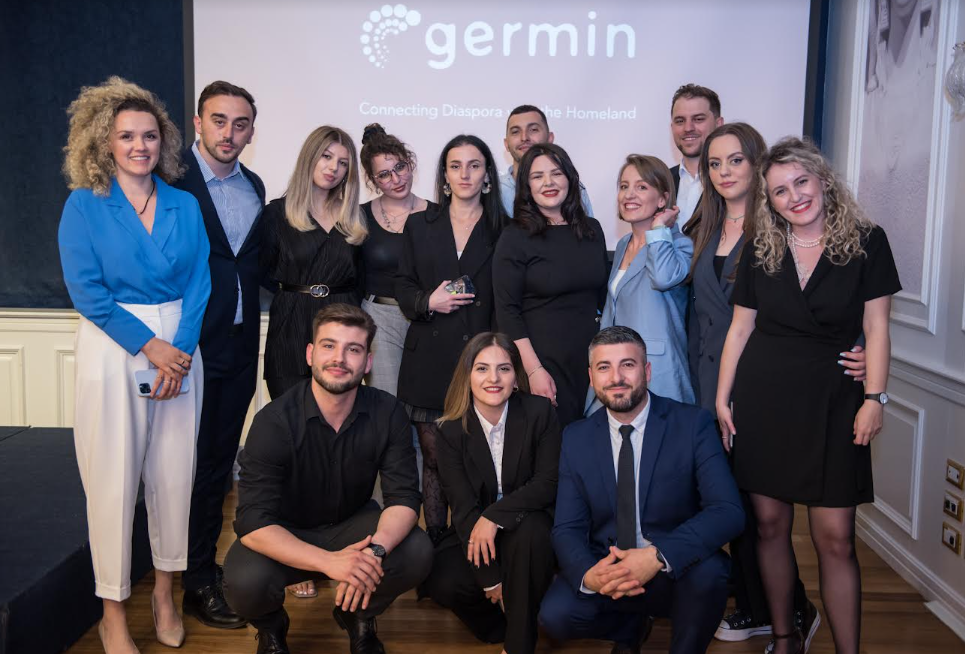
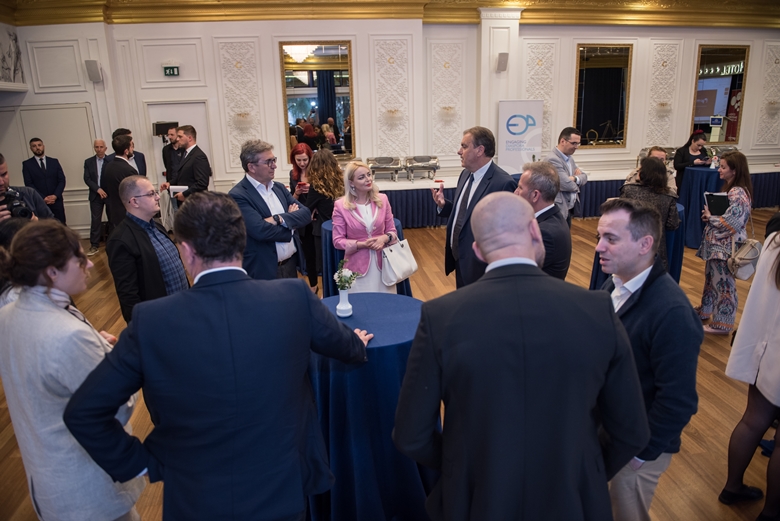
Mustafaj said that one of the ways to fill that gap is exactly the contribution to GERMIN.
In this event, one of the speakers was the Ambassador of Kosovo in Albania, Skender Durmishi, who expressed his readiness to cooperate with OriginAL.
“I am extremely happy to be given the opportunity to be part of this moment. This is a missing project, a project that will have an impact on generations “, said Durmishi.
This event was greeted by the Vice President of the Albanian Diaspora Business Chamber, Elisabeta Katiaj, who expressed the importance of cooperation with GERMIN, as a strategic partner.
The co-director of GERMIN, Sihana Bejtullahu, told about the activities of GERMIN since it was founded in 2014. She told the background and the reason why this name was given to the organization.
“A name inspired by a novel called Germinal, which means the sown seed, with the idea of growing into a flower, and this is the idea of how Germin started.”
The co-director of GERMIN, Lirim Krasniqi, revealed to the guests what OriginAL is and how the idea of creating such a program was born, a program that offers young people in the Diaspora a chance to enjoy their country of origin, from a different perspective.
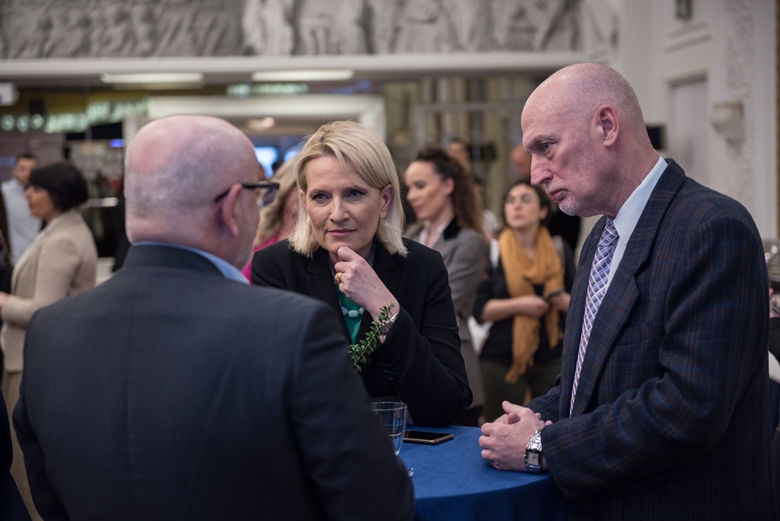
“OriginAL means finding your roots, finding the Albanian origin, and is dedicated to the youth of the Albanian diaspora from the age of 18 to 24,” said Krasniqi.
OriginAL is inspired by the program ‘Birthright Israel’ and because of this, the Ambassador of Israel to the Republic of Albania, Noah Gal Gendler, was also invited to this event.
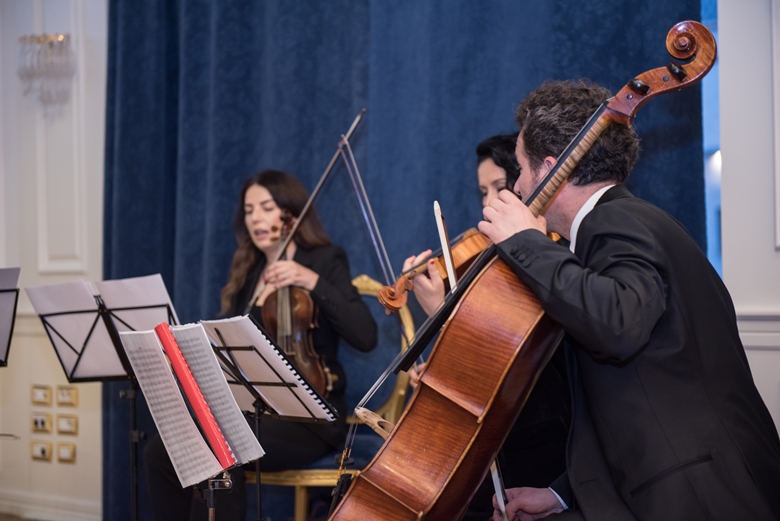
OriginAL aims to provide an educational and cultural experience for all young people in the Diaspora (18-24 years old), who for a few days will visit the most important historical sites in Kosovo and Albania.
The goal is to strengthen their sense of identity with their country of origin.
The call for applications for participants will open in May, while the two-week trip will take place on August 10-22, 2022.

